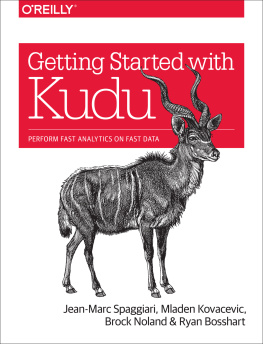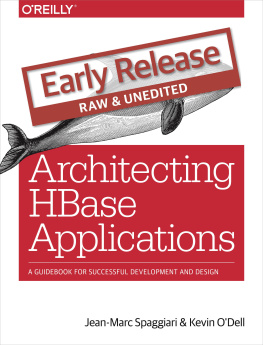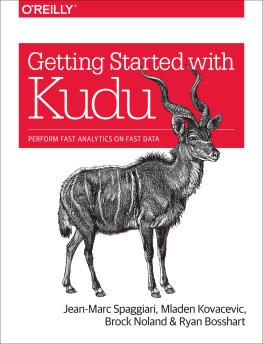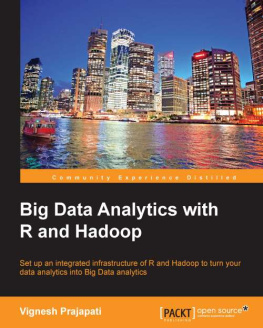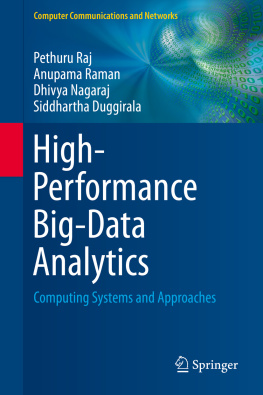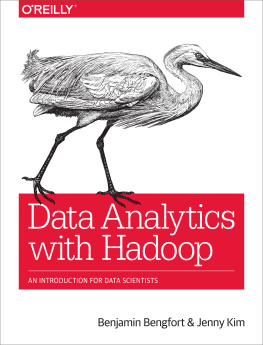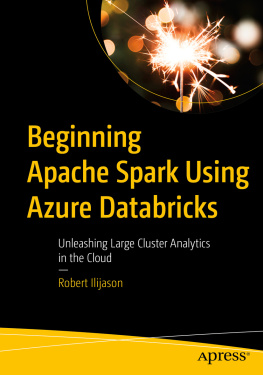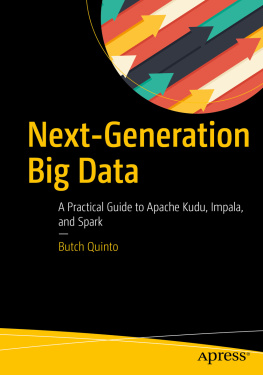Jean-Marc Spaggiari - Getting Started with Kudu: Perform Fast Analytics on Fast Data
Here you can read online Jean-Marc Spaggiari - Getting Started with Kudu: Perform Fast Analytics on Fast Data full text of the book (entire story) in english for free. Download pdf and epub, get meaning, cover and reviews about this ebook. year: 2018, publisher: O’Reilly Media, genre: Home and family. Description of the work, (preface) as well as reviews are available. Best literature library LitArk.com created for fans of good reading and offers a wide selection of genres:
Romance novel
Science fiction
Adventure
Detective
Science
History
Home and family
Prose
Art
Politics
Computer
Non-fiction
Religion
Business
Children
Humor
Choose a favorite category and find really read worthwhile books. Enjoy immersion in the world of imagination, feel the emotions of the characters or learn something new for yourself, make an fascinating discovery.
- Book:Getting Started with Kudu: Perform Fast Analytics on Fast Data
- Author:
- Publisher:O’Reilly Media
- Genre:
- Year:2018
- Rating:3 / 5
- Favourites:Add to favourites
- Your mark:
Getting Started with Kudu: Perform Fast Analytics on Fast Data: summary, description and annotation
We offer to read an annotation, description, summary or preface (depends on what the author of the book "Getting Started with Kudu: Perform Fast Analytics on Fast Data" wrote himself). If you haven't found the necessary information about the book — write in the comments, we will try to find it.
Begun as an internal project at Cloudera, Kudu is an open source solution compatible with many data processing frameworks in the Hadoop environment. In this book, current and former solutions professionals from Cloudera provide use cases, examples, best practices, and sample code to help you get up to speed with Kudu.
Explore Kudus high-level design, including how it spreads data across servers
Fully administer a Kudu cluster, enable security, and add or remove nodes
Learn Kudus client-side APIs, including how to integrate Apache Impala, Spark, and other frameworks for data manipulation
Examine Kudus schema design, including basic concepts and primitives necessary to make your project successful
Explore case studies for using Kudu for real-time IoT analytics, predictive modeling, and in combination with another storage engine
Jean-Marc Spaggiari: author's other books
Who wrote Getting Started with Kudu: Perform Fast Analytics on Fast Data? Find out the surname, the name of the author of the book and a list of all author's works by series.

